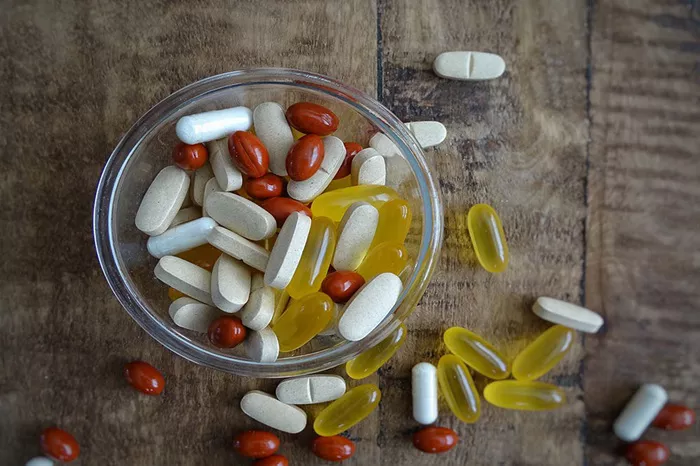As the quest for youthful, glowing skin continues, experts emphasize the importance of incorporating specific vitamins and minerals into our daily routines. While achieving optimal nutrition through diet alone can be challenging, the right supplements can help bridge the gap and promote a radiant complexion.
1. Vitamin E
Vitamin E is renowned for its ability to enhance skin health, according to Trista Best, RD, LD, MPH, a registered dietitian at Balance One Supplements. “Vitamin E, which is naturally produced by sebum, keeps the skin vibrant and firm. A deficiency can lead to wrinkles, dark spots, and inflammation,” Best explains. She recommends adding a vitamin E supplement to your daily routine, ideally paired with healthy fats like those found in avocados to boost absorption.
2. Collagen
Collagen production begins to decline as early as age 21, with a significant decrease by age 40, notes Lisa Richards, a registered nutritionist and health expert. To counteract this, she suggests consuming collagen supplements or collagen-rich foods such as bone broth and berries. For the best results, opt for supplements containing multiple types of collagen, particularly types 1 and 3.
3. Vitamin A
Dr. Nadir Qazi, a board-certified physician specializing in cosmetic dermatology, underscores the importance of vitamin A for those over 40. “Vitamin A, whether ingested or applied topically, stimulates collagen and elastin production, which helps maintain skin firmness and reduce the appearance of aging,” Qazi explains.
4. Zinc
Zinc is recommended by Dr. Joshua Zeichner, MD, for its anti-inflammatory properties and role in acne management. “Zinc aids in the production of fresh skin cells and helps repair those damaged by acne,” Zeichner states. Additionally, zinc supports the synthesis of essential proteins like collagen and elastin, which are crucial for youthful skin.
5. L-Lysine
Jordan Dorn, a holistic nutritionist and supplement expert, highlights L-Lysine as a key amino acid for collagen synthesis. “L-Lysine supports the body’s natural collagen production, which is more effective than typical collagen supplements,” Dorn advises. The recommended daily intake is 2-3 grams, which can be difficult to obtain through diet alone.
6. L-Proline
Another essential amino acid for collagen production is L-Proline. Dorn explains that L-Proline works alongside L-Lysine to maintain collagen levels. “Collagen provides skin elasticity and supports various bodily functions. After age 30, collagen levels drop, making L-Proline supplementation beneficial for maintaining skin firmness,” Dorn adds.
7. Magnesium Bisglycinate
Dr. Janine recommends magnesium bisglycinate for its role in maintaining skin barrier function and its anti-aging properties. She advises choosing supplements free from fillers and magnesium stearate, which has not been extensively tested for long-term use.
8. Vitamin K2
Often overlooked, vitamin K2 plays a crucial role in directing calcium to the bones and benefiting skin health. Found in foods like beef, egg yolks, and sauerkraut, vitamin K2 supplements can be a valuable addition for those who may not get enough from their diet.
9. Multivitamins
Dr. Anthony Youn, MD, suggests a multivitamin that includes vitamins A, C, D, and zinc. These vitamins offer antioxidant benefits and support collagen production. “Vitamin C, in particular, is essential for collagen synthesis,” Youn notes.
10. Omega-3 Fatty Acids
Omega-3 fatty acids, found in fish oil and vegan alternatives, are praised by Dr. Youn for their anti-inflammatory properties. “These fatty acids can reduce inflammatory skin disorders and help moisturize the skin from within,” he explains.
Related topic:
Is Vitamin K Cream Good For Dark Circles?
Best 5 Vitamin Is Good For Freckle Removal
How Can I Restore Collagen In My Face?


